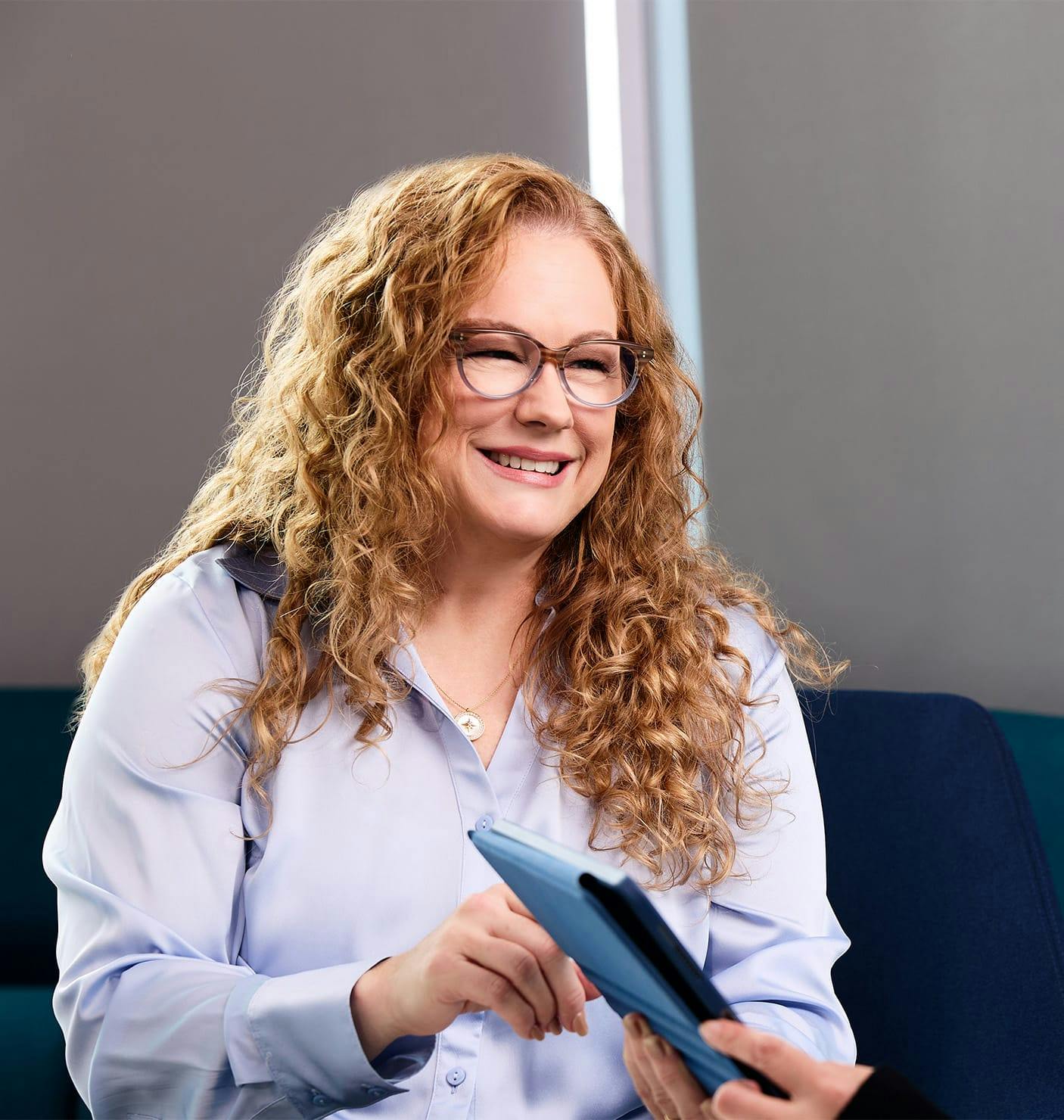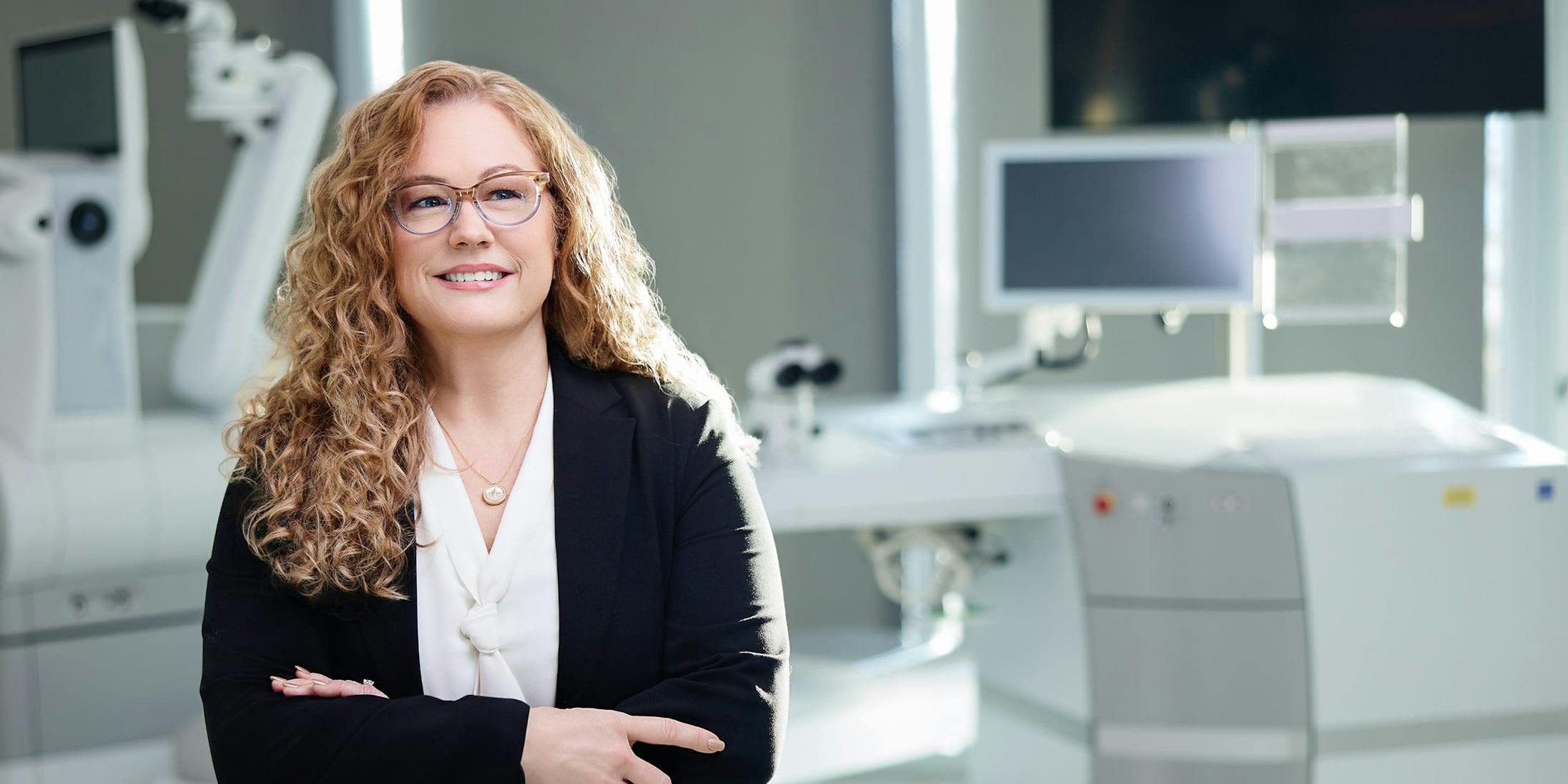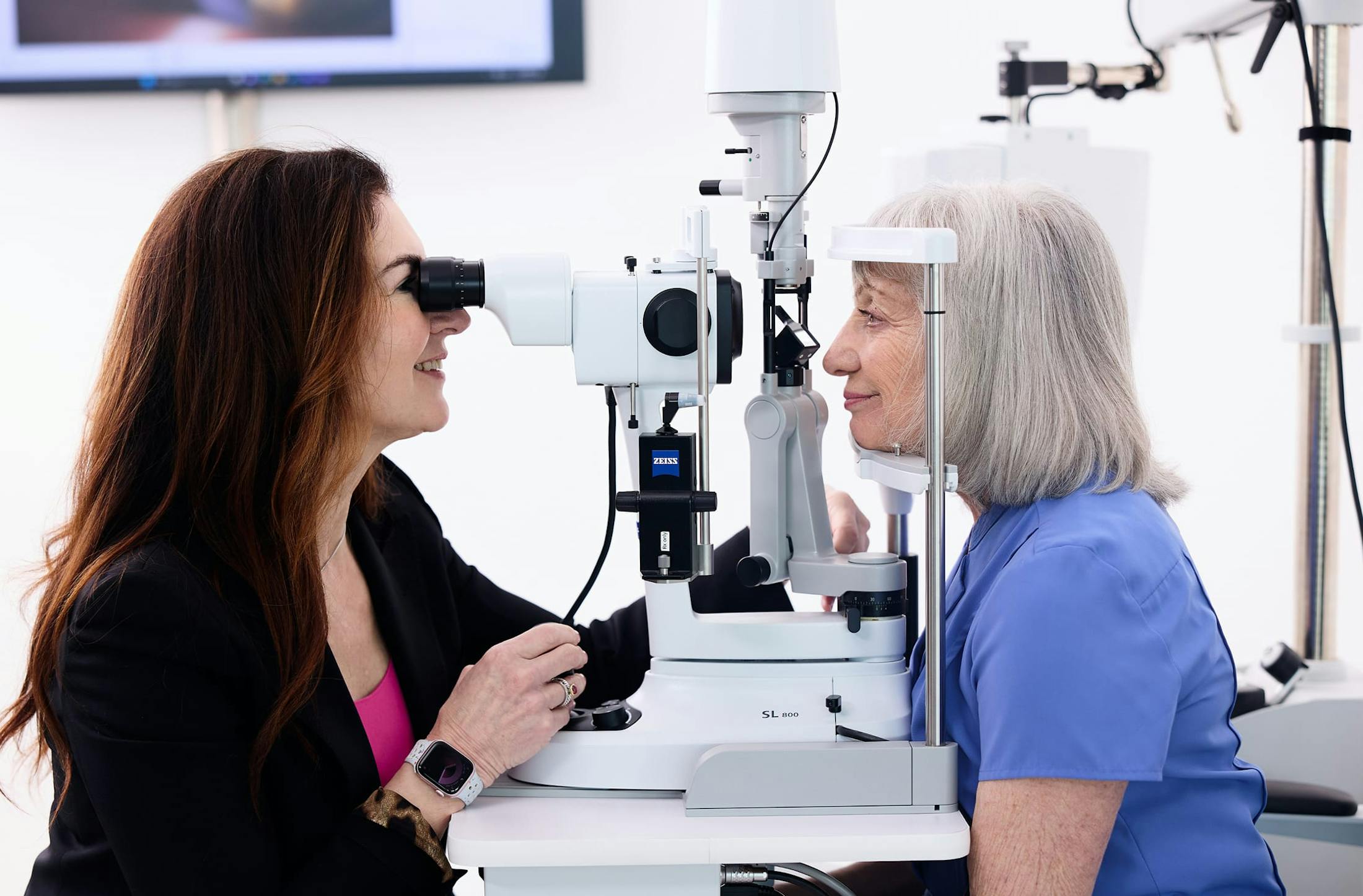Reverse cloudy, hazy vision caused by Fuchs’ dystrophy with specialized Fuchs’ dystrophy treatment in Seattle and Bellevue, restoring corneal health and clarity to help you see the world more vividly.
The Benefits of Fuchs’ Dystrophy Treatment
- Restored Corneal Clarity: Fuchs’ dystrophy treatment helps eliminate the cloudy, hazy vision caused by excess corneal fluid buildup.
- Improved Visual Function: Addressing Fuchs’ dystrophy prevents worsening vision problems, allowing you to maintain independence in daily activities.
- Minimally Invasive Options Available: Depending on severity, treatment may be as simple as specialized eye drops or corneal transplants like DMEK/DSEK.
- Reduced Glare & Light Sensitivity: By restoring proper corneal function, Fuchs’ dystrophy treatment in Bellevue helps minimize halos, glare, and discomfort in bright light.
- Long-Term Vision Stability: With proper treatment, many patients enjoy clear, stable vision for years to come.












